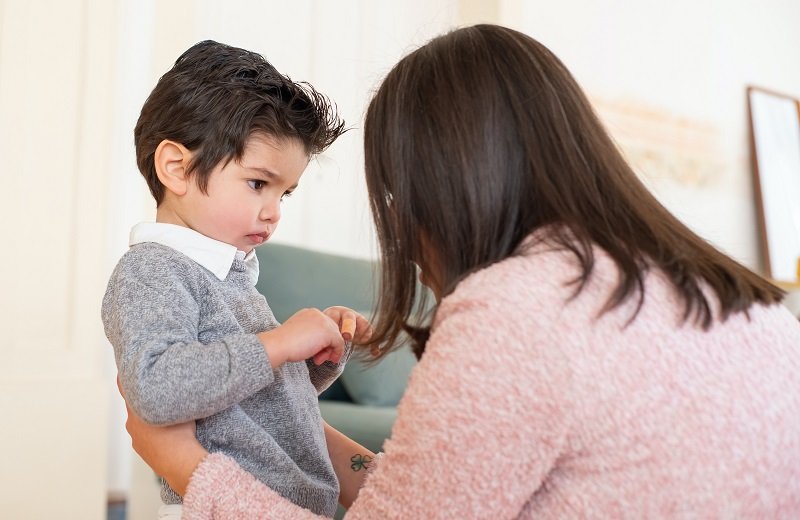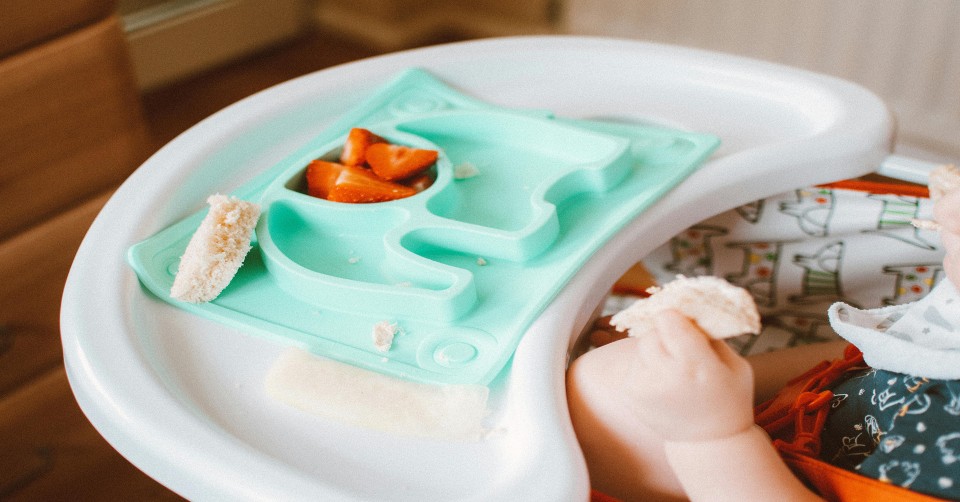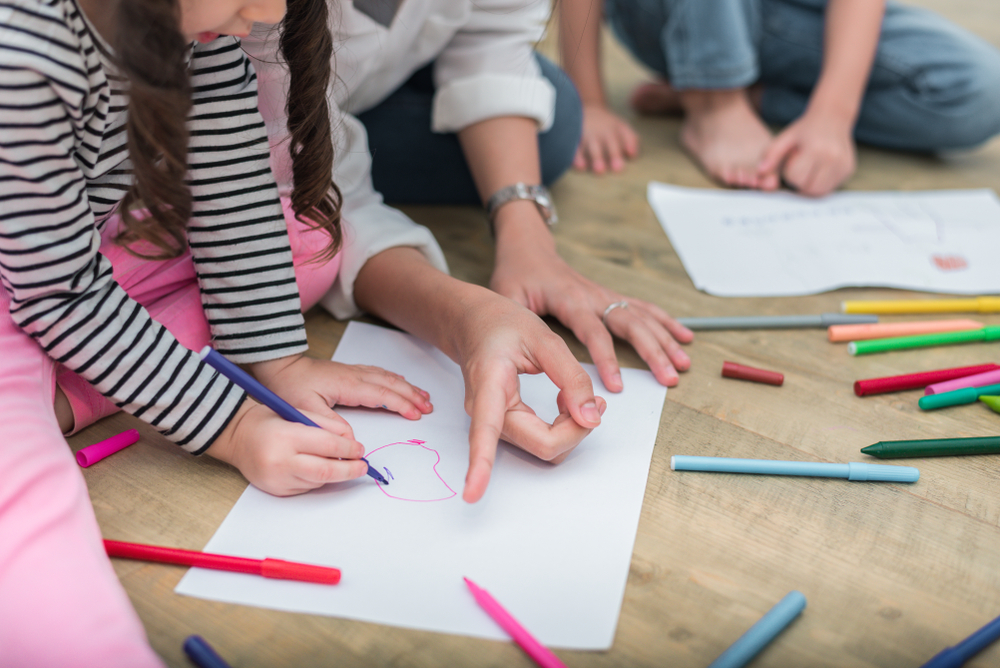Preschoolers 4-5 Years
Play therapy and helping children with grief and loss

Nobody really wants to talk about death! It’s an uncomfortable subject that triggers negative emotions for both children and their parents.
When children lose a pet, they experience loneliness, hurt, and anger, but they rarely find someone to answer their questions about this scary subject that they don’t understand.
Helping children with grief can be daunting for adults. They tend to avoid the subject and pretend that everything is okay.
Children can experience grief and loss at different ages, even as babies. While losing someone close can be one of the most difficult experiences for children, they can experience grief for many other reasons, like:
-
Losing their home as a result of war and displacement.
-
Death of a parent, friend, or pet.
-
Losing their comfort toy.
-
Parents’ divorce.
-
Moving houses.
-
Changing schools.
-
Getting an illness or disability.
Depending on the child’s age and cognitive ability, they experience grief in many different ways. Some may seem completely fine and don’t express it, while others can seem very upset and cry.
However, many children choose not to express their grief to protect their parents, who are also grieving.
How do children react when they grieve the loss of someone?
Some of the reactions children experience when they are grieving are as follows:
-
Asking a lot of direct questions about death.
-
Nightmares, difficulty sleeping, and loss of appetite.
-
Short-tempered and withdrawn.
-
Children have a short attention span, so they might cry at one moment then seem happy and play at other moments.
-
Children might believe that they can bring back the person or pet who died.
-
Children might feel responsible for the loss (cognitive distortions).
-
Children might show signs of regression (bed-wetting, baby talk).
-
Children might experience somatic symptoms such as stomachaches and headaches.
-
Other children might express their grief by acting out and showing aggression towards others.
Helping your child deal with death and grief
Talking to children about grief and loss is not an easy task. Parents feel like they need to protect their children from reality and believe that avoiding the subject is better for them. Parents also try to fantasize the topic, which could also get very confusing for the child.
In order for the child to deal with their grief in a healthy way, there are different things a parent can do to support them.
-
To break the news to your child, be very calm and direct.
For example: “I have some sad news to tell you. Grandma died today. Then pause for a bit and give your child some time to react. -
Some children cry, others ask questions, and some don’t react at all. These are all okay.
Just sit with them and comfort them. You can also help them name their emotions. -
Validate, acknowledge and normalize the emotion.
-
Avoid trying to make them feel better by telling them that everything is okay.
Instead, sit with them and talk about their grief and say something like, “you miss grandpa so much, you don’t know if you’ll ever stop being sad about it.” -
Give brief, simple and clear explanations that are age-appropriate.
-
Avoid making up stories that might confuse children and lead them to ask more questions.
-
Tell children what to expect in the next few days.
For example: “I have to stay with grandma for a few days, which means you and your baby brother will stay home with dad and take care of each other. I’ll be back home on Friday, but I’ll call you every day.” -
Talk to them about funerals and rituals.
You can also give them a role like writing a poem or showing some pictures. -
Help your child remember the person who died.
Don’t avoid talking about them. Make sure you keep coming up with good memories to help them associate their loved one with positive thoughts. You can even create and decorate a memory box with your child and add all the memories inside. -
Don’t dwell on sad feelings.
After a few minutes of talking about the loss, help your child feel better by coming up with a fun activity
Helping children overcome grief through play therapy
Another way to help your child deal with grief and loss is play therapy. Virginia Axline once said: “Play is the child’s language, and toys are their words.”
Many difficult feelings come up after grief and loss. In order for the child to work through and process those feelings, play therapy is used to help them distance themselves from the loss through symbolic play.
When children feel safe in the playroom and with their therapist, it becomes easier to express their vulnerabilities. Play also helps the child not to confront their fears again in a way that would impact them, especially when they are developmentally not ready for it.
Remember, grief is a process that takes time. Healing doesn’t mean forgetting about the loved one but remembering them in a positive light. Make sure to have ongoing conversations with your children and ask them how they’re doing and feeling.














